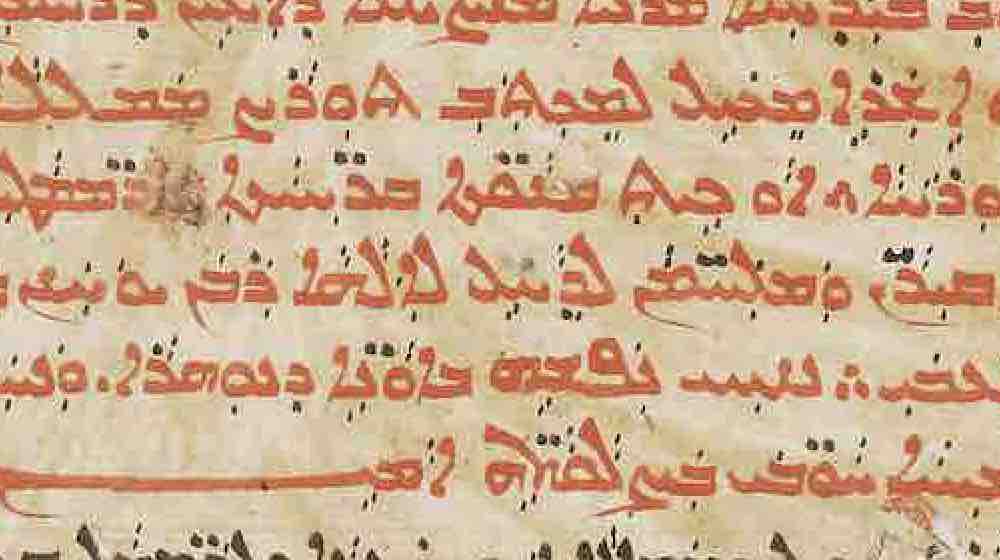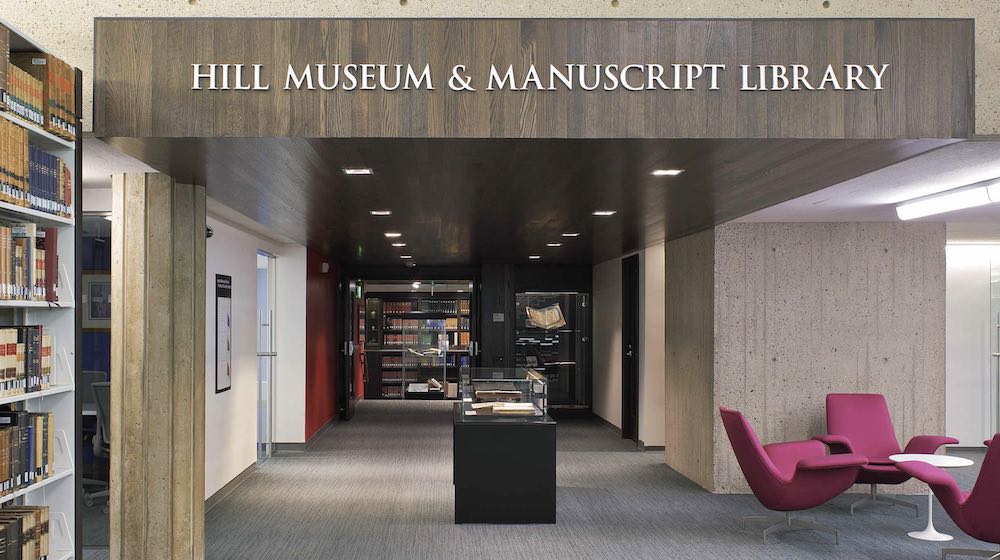Nasheeds From West Africa: Uniting Texts And Sound
Nasheeds from West Africa: Uniting Texts and Sound
This story is part of an ongoing series of editorials in which HMML curators and catalogers examine how specific themes appear across HMML’s digital collections. On the theme of Music, Dr. Ali Diakite and Dr. Paul Naylor have this story from the Islamic collection.
All of Timbuktu’s family libraries that were digitized by HMML include numerous compositions that we describe as “Poems in Praise of the Prophet.” However, we know that in Mali and across West Africa these poems are intended to be sung as nasheeds (religious songs), especially during the celebrations of the Prophet Muhammad’s birthday (Mawlid).
What follows is a series of Timbuktu manuscript pages paired with contemporary recitals of these same texts. Different regions have their own distinct intonation and singing style, so the same poem can be recited in very different ways. And while some recordings were made in intimate group settings, others were made at public occasions with hundreds of participants.
Ibn Muhīb’s expansion of al-Fāzāzī’s 13th-century poem praising Prophet Muhammed is a popular text used during Mawlid celebrations. Here is a public recitation in Timbuktu of a section of the poem, recorded by Dr. Ali Diakite during his visit to the city during Mawlid in February 2012. This Mawlid took place at the beginning of the Malian crisis, and as such was a smaller celebration than in happier times.
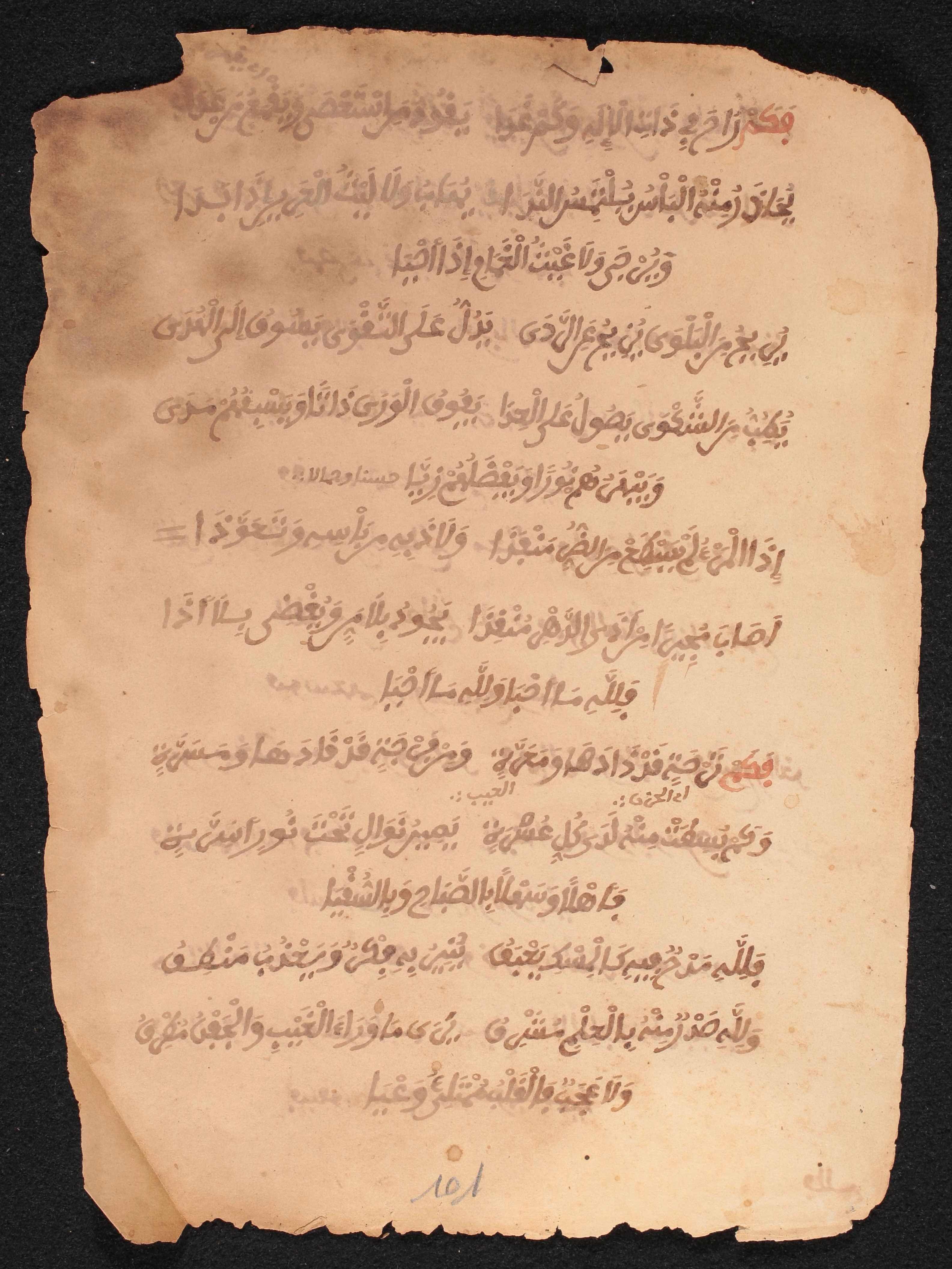
This celebration in Indianapolis, Indiana, is unique because it involves members of both the Murid and Tijani Sufi brotherhoods (tariqas), something that would not usually happen in Senegal itself. Maintaining the traditions of seated recitations and tariqa affiliation is one of the many ways Muslim West Africans maintain contact with their ancestral home when relocating to a new country.
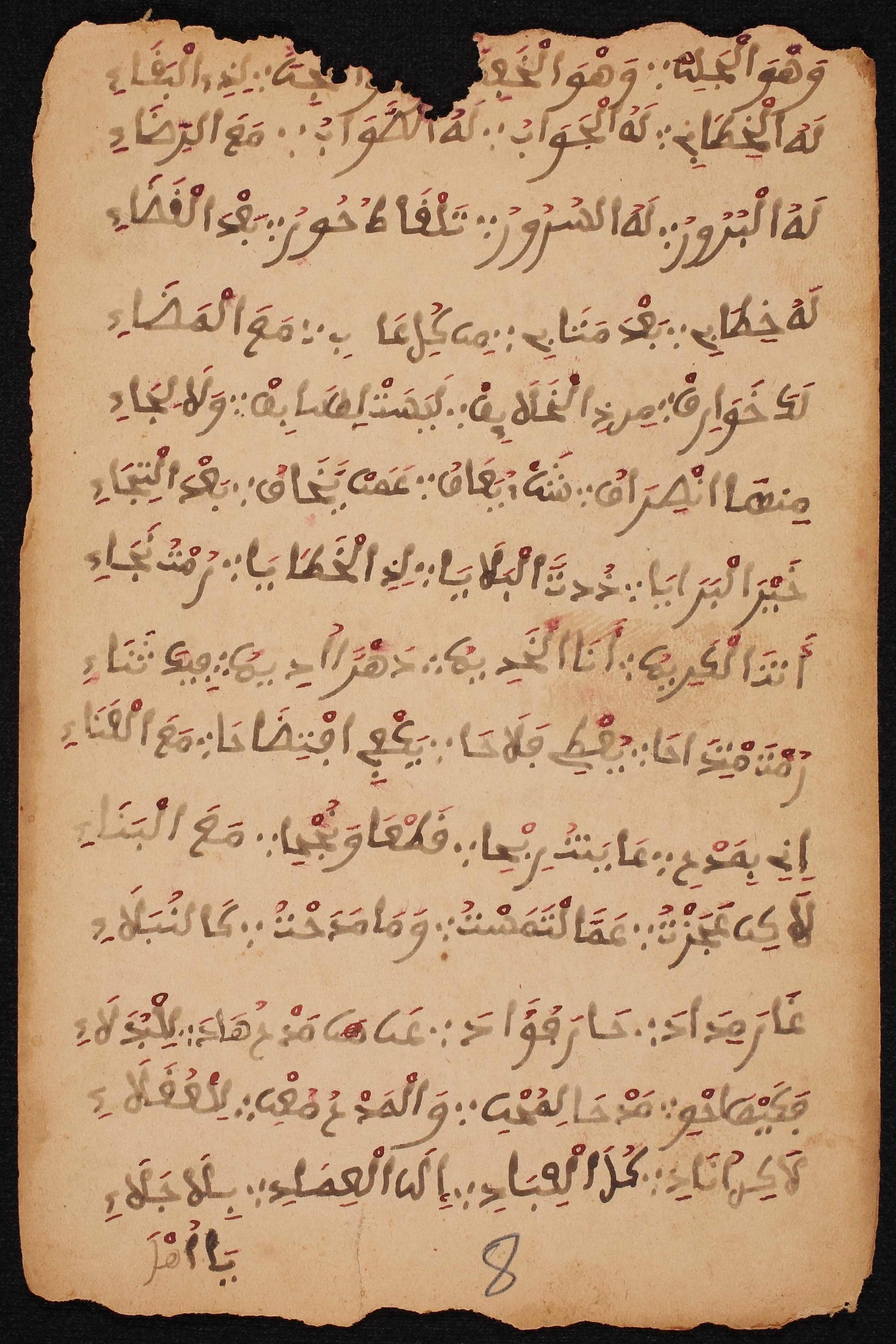
The poems of Muḥammad al-Yadālī, who wrote in the 18th century, are still commonly heard at Mawlid celebrations across West Africa today, as well as at marriage ceremonies and other public occasions.
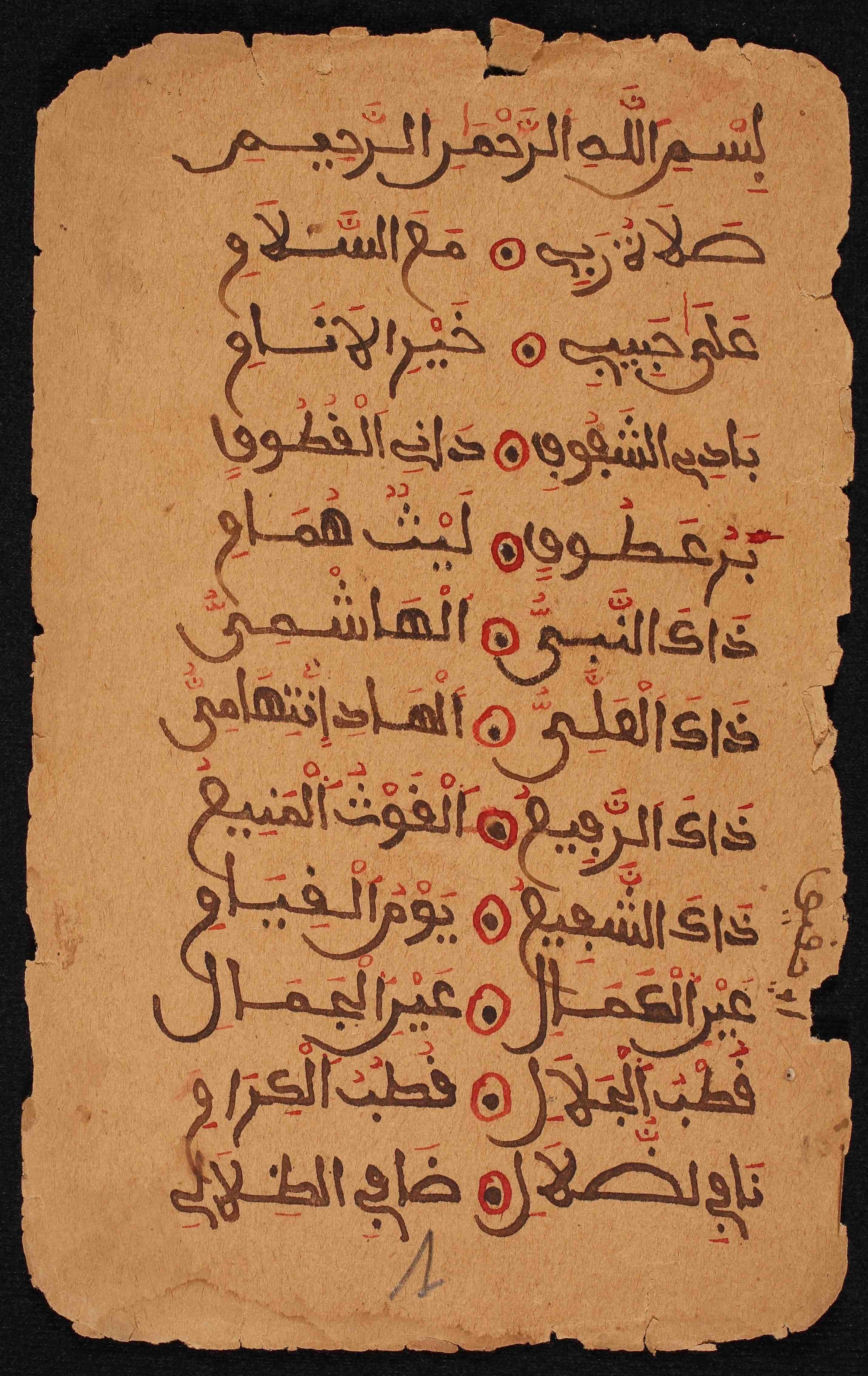
The following recording was made outside the Sankoré Mosque of Timbuktu during public Mawlid celebrations in 2020. It shows Timbuktu’s notable families reciting a popular poem on intercession with Prophet Muhammad. The Ahmad Baba Institute, which contains Mali’s national collection of Arabic manuscripts, is visible in the background, demonstrating the enduring link between the written and spoken word.
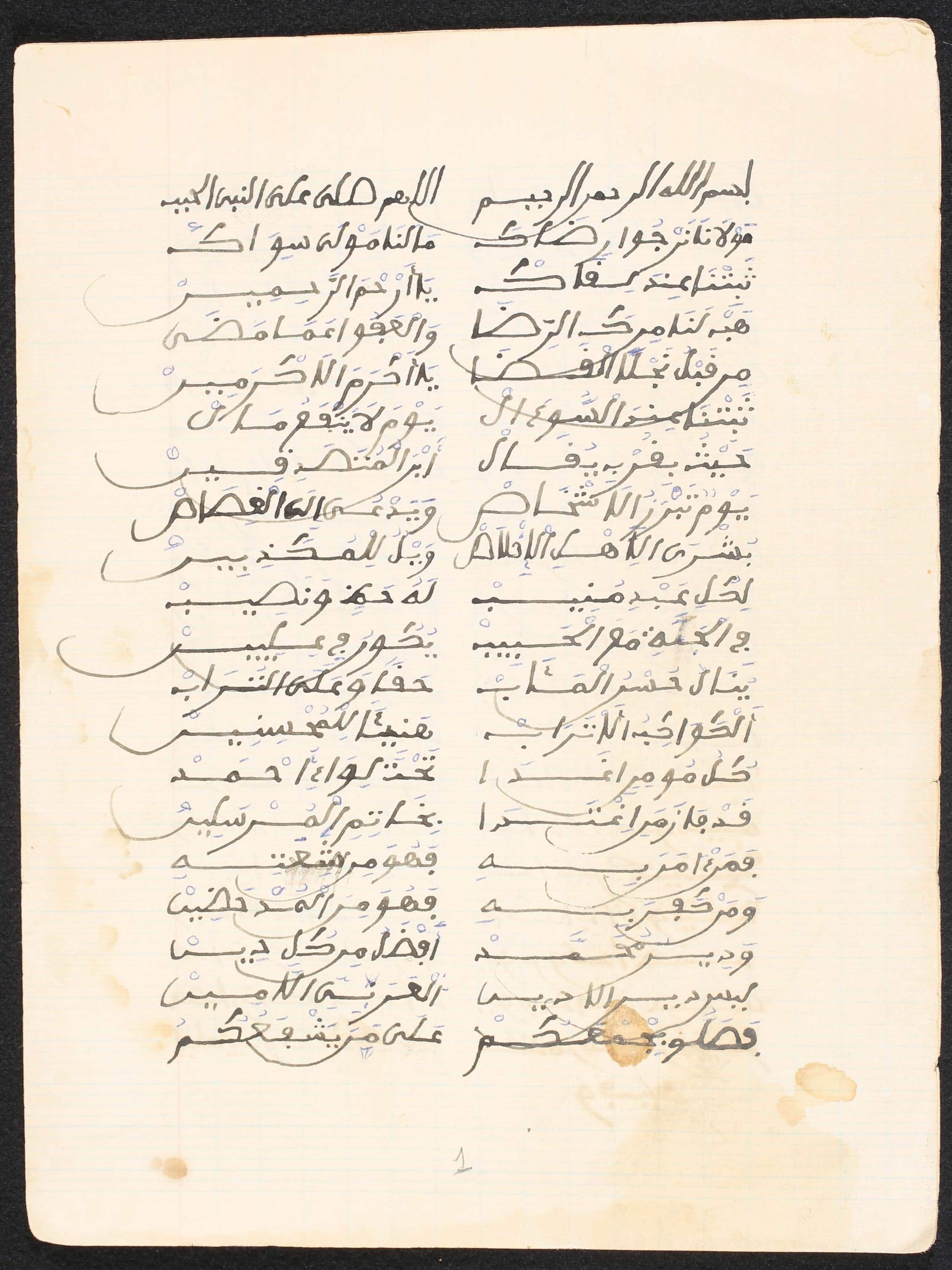
We hope that connecting manuscripts with audio-visual recordings highlights the fact that much of West Africa’s manuscript tradition is very much a living heritage. These days, a new musical genre of recitations—“zikiri”—is developing in the region, combining traditional nasheed standards with electronic music, auto-tuned vocals, and dance.
Our thanks to our colleague in Mali, Saadou Traore, who helped identify the texts and locations used for some of these performances.


